10 January 2020 in Phnom Penh
The 3rd Working Group brought together key persons from the CDC/ MoH, the Cambodia National Malaria Center (CNM) / MoH, the School Health Department /MoEYS, the General Directorate of Animal Health and Production (GDAHP)/ MAFF and from the Agence Française de Développement (AFD) to meet researchers from Institut Pasteur in Cambodia and to exchange about ECOMORE project progress and preliminary results.
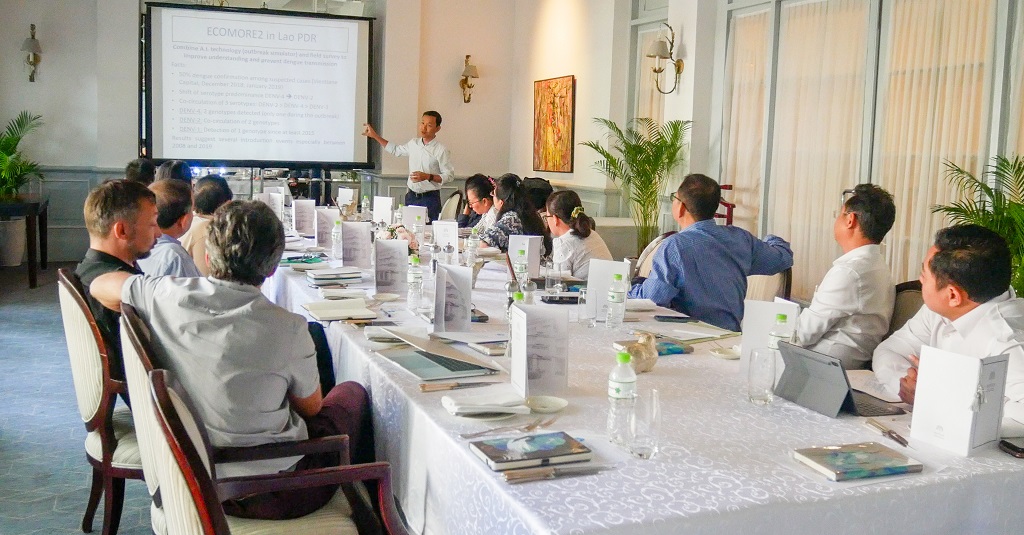
This event gave opportunity to shortly present development of the other components, in Lao PDR, in Vietnam, in Myanmar and in the Philippines and to show the work done by the climate component. Participants were particularly inspired by the studies conducted on urban and rural leptospirosis in Myanmar and Vietnam, which highlight the importance of this neglected disease, potentially misdiagnosed as shown by Institut Pasteur in Lao PDR by testing specimens negative for dengue that have been found positive for leptospirosis.
Sébastien Boyer, entomologist and Dr Ly Sowath, epidemiologist at IPC made extensive presentation on the ECOMORE2 project implemented in schools in Kampong Cham and in Tboung Khmum Provinces.


The entomological study has established that toilets in schools are the main breeding site place for Aedes and the recommendation is to use closed containers for flushing.
The dramatic decrease of larva in toilets in treated schools vs. non-treated schools has demonstrated efficiency of the Bti (PDF Link).
The efficacy of In2care system is clear as a lot of larvae have been found in the traps during servicing and none can emerged to adult and the density of adult Aedes statistically decrease, but it is impaired by the huge number of rubbishes around school premises, especially plastic bags, which constitute hundreds of potential breeding sites; Aedes laying in In2care traps should contaminate other breeding sites but are not enough to visit and deposit the Pyriproxyphen in all these “natural” breeding site. It appears that rubbish management should be a key approach to control Aedes in school…and at home.

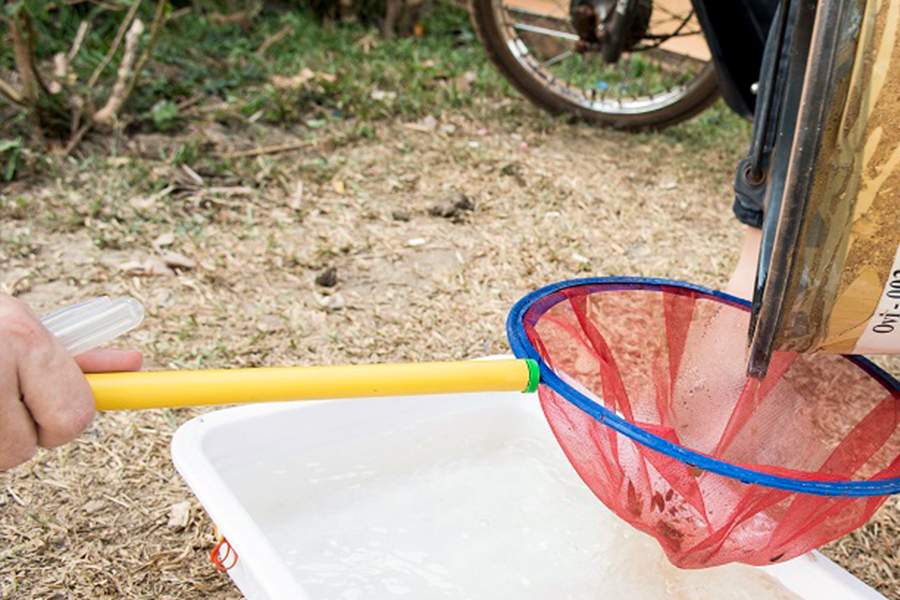
However decreasing significantly Aedes population in schools is not enough to curb the number of dengue sero-conversion among schoolchildren who actually spend time in various potential transmission hotspots along the day.
On the other hand, this large-scale study that involved 3,000 children has shown that collecting saliva is much more acceptable for children and should be the technique of choice to monitor dengue seroconversion in large cohort.


The epidemiological and virological study (PDF link) has emphasized that only about 10% of Dengue Like Illness (DLI) are confirmed by PCR as dengue cases and ¾ of these cases are secondary infections.
The statistical analysis has shown that being close to the Mekong River and being aged from 5 to 10 years old significantly increase the probability of developing DLI and dengue respectively while distance to rubber plantation does not impact.
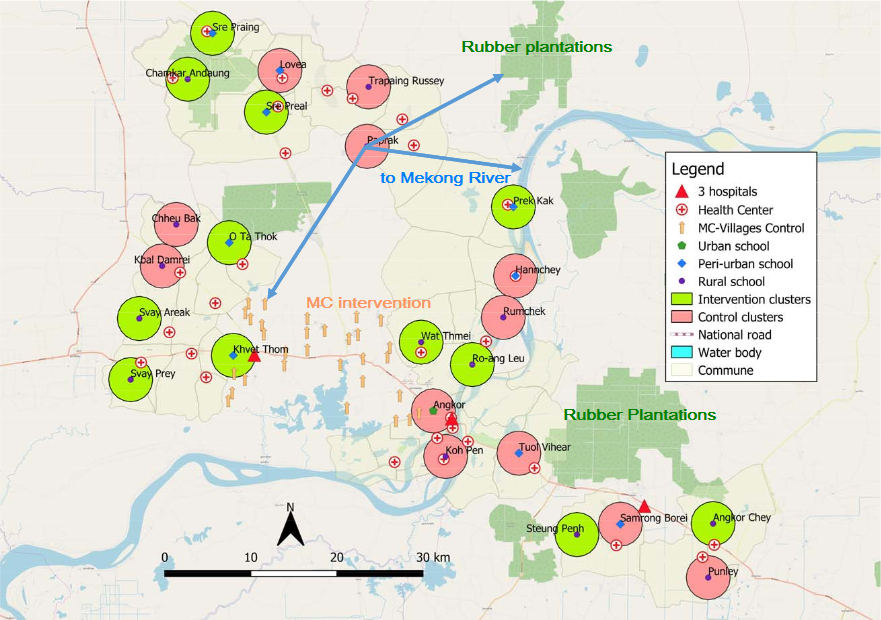
Participants discussed and debated over a lunch served at the Royal Phnom Penh Hotel; in conclusion, all studies on dengue with robust protocol bring new critical information to better understand the disease and its transmission but the control of vector and of outbreaks is still challenging.
Participants list:
- Chhiv Kimsrun, Assistant of H.E Chhiv Yiseang from the prime minister’s cabinet
- Yi Sengdoeurn, Deputy Director of CDC/MoH
- Leang Rithea, Chief of Dengue Office at CNM/MoH
- So Chhavyroth, Deputy Director of School Health Department / MoEYS
- Sar Horn, Chief of Health Office/ MoEYS
- Chan Vibol from WHO
- Dr Chan Sorya, Project manager at AFD
- Hok Malika, Project manager at AFD
- Sorn San, Deputy Director General of GDAHP
- Holl Davun, Deputy Director General of GDAHP
- Dr Ly Sowath, Dr Veasna Duaong, Mr. Sébastien Boyer from IPC and Mr. Vincent Herbreteau from IRD




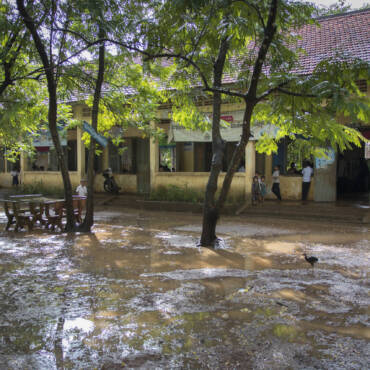
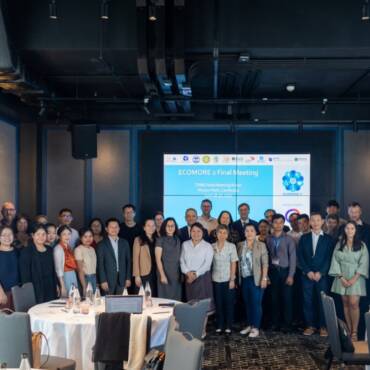
Add Comment